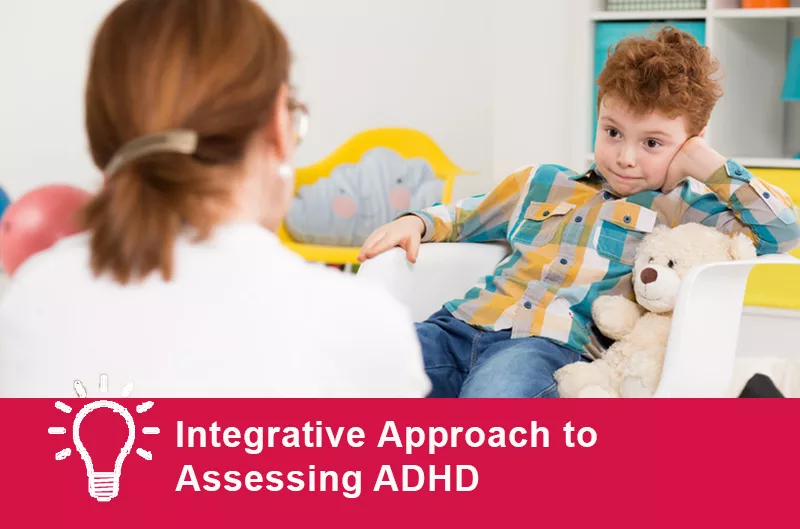Using Vitamins, specific diets, and herbal remedies, Integrative Medicine (IM) focuses on supporting the innate healing powers of the body.
IM is not without its disadvantages. Firstly, and chiefly, the evidence base for efficacy is deficient by the standards of conventional medicine. In part, this is due to a lack of financial incentive. Most natural remedies cannot be patented, and therefore it is rare for companies to invest the many millions of dollars required for large-scale clinical trials, as the resulting products would be unlikely to yield a good return on investment. Secondly, the IM approach typically demands more of the patient and can also take more of the practitioner’s time.
Nonetheless, many patients and their parents are seeking alternatives to conventional psychiatry. In The Carlat Child Psychiatry Report, integrative psychiatrist Scott Shannon, MD, assistant clinical professor of psychiatry at the University of Colorado Medical School, gives the following snapshot of his approach to assessment of ADHD:
Assessment
ADHD assessment in integrative practice is a bit more time-consuming and may take 60–90 minutes. Like traditional evaluations, it is based primarily on a comprehensive interview, and includes results from ADHD symptom scales (Dr. Shannon prefers the Vanderbilt over the Connors scale, as the former is broader in scope). His assessment protocol includes the following elements:
Subscribers can read the full article about Dr. Shannon’s IM treatment approach to ADHD. Not a subscriber? Join here.
IM is not without its disadvantages. Firstly, and chiefly, the evidence base for efficacy is deficient by the standards of conventional medicine. In part, this is due to a lack of financial incentive. Most natural remedies cannot be patented, and therefore it is rare for companies to invest the many millions of dollars required for large-scale clinical trials, as the resulting products would be unlikely to yield a good return on investment. Secondly, the IM approach typically demands more of the patient and can also take more of the practitioner’s time.
Nonetheless, many patients and their parents are seeking alternatives to conventional psychiatry. In The Carlat Child Psychiatry Report, integrative psychiatrist Scott Shannon, MD, assistant clinical professor of psychiatry at the University of Colorado Medical School, gives the following snapshot of his approach to assessment of ADHD:
Assessment
ADHD assessment in integrative practice is a bit more time-consuming and may take 60–90 minutes. Like traditional evaluations, it is based primarily on a comprehensive interview, and includes results from ADHD symptom scales (Dr. Shannon prefers the Vanderbilt over the Connors scale, as the former is broader in scope). His assessment protocol includes the following elements:
- Assess six realms of the child’s world: environmental, physical, mental, emotional, social, and spiritual. These can be viewed as an expansion of a biopsychosocial approach in psychiatry.
- Identify the child’s strengths in addition to deficiencies.
- Focus on dietary issues, food quality, food allergies, or gut issues. Dr. Shannon will often refer to a nutritionist or naturopath (a clinician who emphasizes use of natural healing agents) as needed. About 30%–40% of his patients work collaboratively with a naturopath.
- Assess for the need of a behavioral management and parenting program through an especially detailed examination of family issues.
- Laboratory testing is on the more extensive side, assessing the need for supplements. He routinely checks TSH, vitamin D (25 OH), ferritin, serum zinc, lipid profile (for low cholesterol), homocysteine (methylation), and high-sensitivity C-reactive protein (HS CRP). Dr. Shannon will order a sleep study if there is snoring or extremely restless sleep.
- Conduct a detailed assessment of learning issues to recommend educational supports if needed.
Subscribers can read the full article about Dr. Shannon’s IM treatment approach to ADHD. Not a subscriber? Join here.


_-The-Breakthrough-Antipsychotic-That-Could-Change-Everything.webp?t=1729528747)



